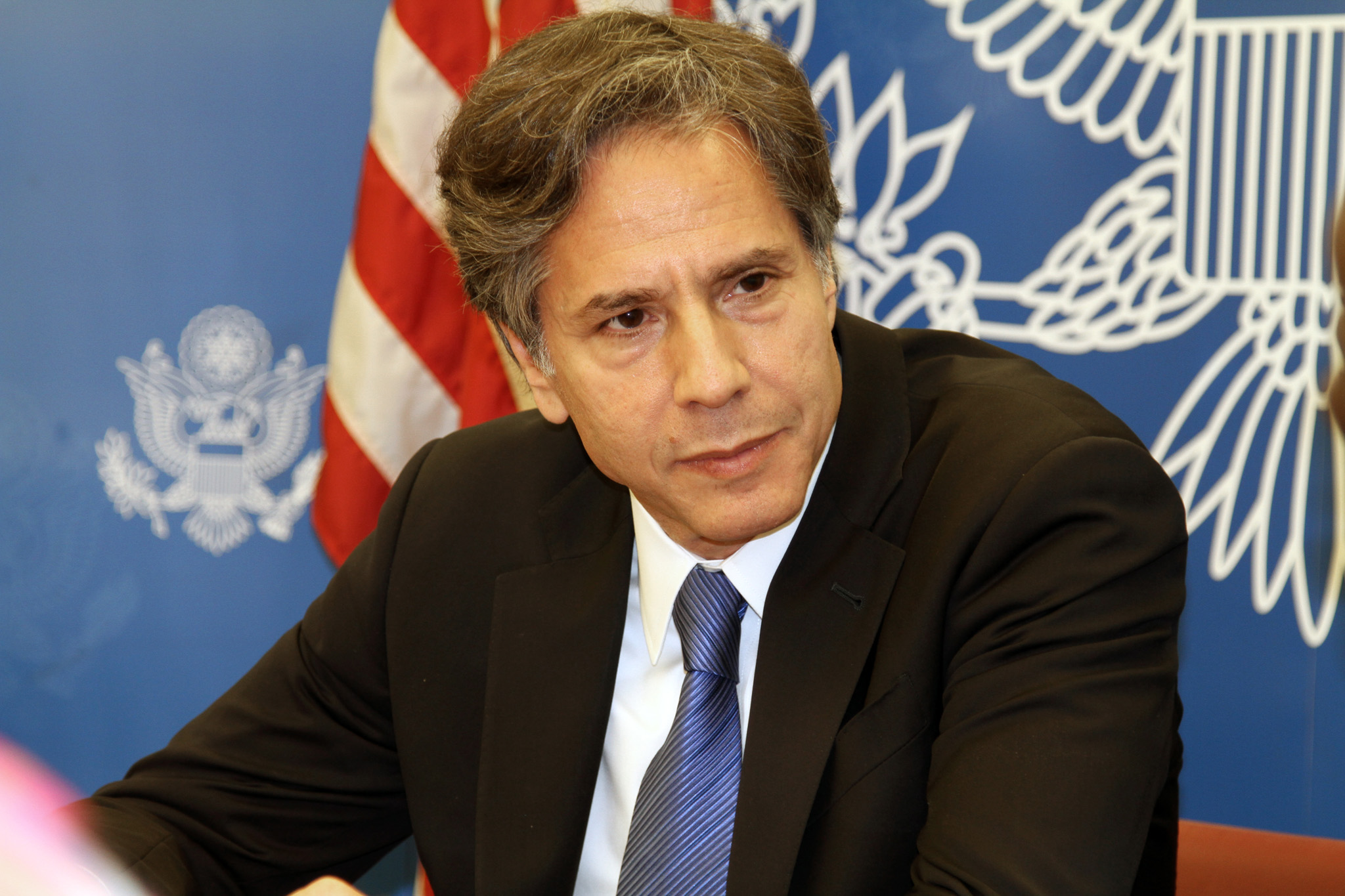WASHINGTON (Transatlantic Today)- On Friday, the Biden government stepped up its diplomatic efforts to pressure China to stop acting provocatively toward Taiwan and warned it against actively supporting Russia in its war with Ukraine.
U.S. officials said that the Secretary of State Antony Blinken presented both arguments to his Chinese counterpart in a meeting on Friday that took place concurrently with the annual U.N. General Assembly in New York. After his father passed away on Thursday, Blinken only kept this session among the few others on his calendar.
Foreign Minister Wang Yi was responsive to the messages, according to the officials, who would not elaborate on the Chinese response. The two men also spoke about the need to “maintain open lines of communication and responsibly manage the U.S.-China relationship, especially during times of tension,” they said.
Blinken and Wang’s discussions take place at a time when there are significant tensions on both fronts and before the anticipated November meeting between Presidents Xi Jinping and Joe Biden. The most recent irritants in the relations between Washington and Beijing are Biden’s recent remarks regarding Taiwan and China’s covert assistance for the war in Ukraine.
Despite Biden’s claim earlier this week that the U.S. would deploy troops to defend Taiwan in the case of Chinese invasion, State Department spokesman Ned Price said, Blinken assured Wang of the government’s commitment to “maintaining peace and stability across the Taiwan Strait.”
The self-governed island of Taiwan is viewed as its sovereign territory by China. It hasn’t ruled out using force to reunite it with the mainland, and has recently increased military action there. This effort is at least partially in response to increased American weaponry sales and high-level legislative visits to Taipei, including those of House Speaker Nancy Pelosi.
In a statement, Price said that Blinken had emphasized that maintaining peace and stability across the Taiwan Strait was important to regional and global security and prosperity. It further stated that the United States remained steadfast in its “one-China policy,” which opposes Taiwanese independence.
In relation to Russia, U.S. sources claimed that Blinken highlighted the harm that would result to the Sino-U.S. relationship should Beijing play a more active role in supporting the conflict in Ukraine. Blinken wanted to emphasize the point because U.S. officials had stated that they were cautiously optimistic in light of recent statements made by Chinese authorities regarding their worries about the war and its repercussions.
Price stated in the statement that Blinken highlighted the ramifications if the PRC were to help Moscow’s invasion of a sovereign state. The People’s Republic of China, or “PRC,” is the official name for China.
The relationship between the United States and China has deteriorated over the past few years due to a number of issues, including the treatment of Muslims and other ethnic minorities in western China’s Xinjiang region, crackdowns on dissent in Tibet and Hong Kong, China’s aggressive actions in the South China Sea and against Taiwan, and the response to the coronavirus pandemic.
Price nevertheless declared that the United States was open to engaging with the PRC where their interests aligned. The United States wants to keep working together on climate change.


























